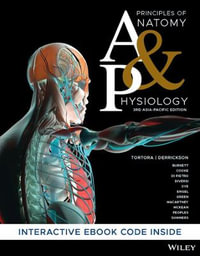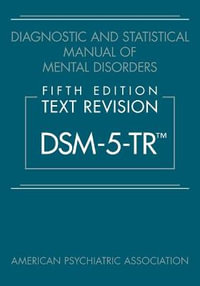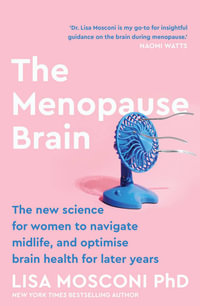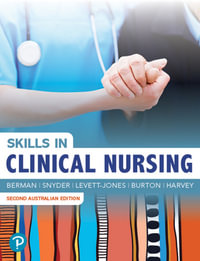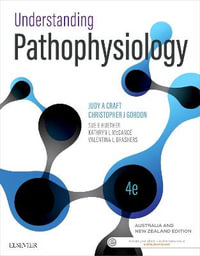Neuroethics is concerned with the wide array of ethical, legal and social issues that are raised in research and practice. The field has grown rapidly over the last five years, becoming an active interdisciplinary research area involving a much larger set of academic fields and professions, including law, developmental psychology, neuropsychiatry, and the military.
Neuroethics and Practice helps to define and foster this emerging area at the intersection of neuroethics and clinical neuroscience, which includes neurology, neurosurgery, psychiatry and their pediatric subspecialties, as well as neurorehabiliation, clinical neuropsychology, clinical bioethics, and the myriad other clinical specialties (including nursing and geriatrics) in which practitioners grapple with issues of mind and brain. Chatterjee and Farah have brought together leading neuroethicists working in clinically relevant areas to contribute chapters on an intellectually fascinating and clinically important set of neuroethical topics, involving brain enhancements, brain imaging, competence and responsibility, severe brain damage, and consequences of new neurotechnologies. Although this book will be of direct interest to clinicians, as the first edited volume to provide an overall comprehensive perspective on neurethics across disciplines, it is also a unique and useful resource
for a wide range of other scholars and students interested in ethics and neuroscience.
Industry Reviews
"This is an excellent contribution to the growing body of literature on neuroethics. I find it useful as a resource and as a discussion starter. Other books, such as The Oxford Handbook of Neuroethics, Illes and Sahakian (Oxford University Press, 2011), have some articles that address issues relevant to practice, but this is the only book dedicated entirely to that purpose." -- DOODY'S
"Neuroethics in Practice: Medicine, Mind, and Society, edited by Anjan Chatterjee and Martha Farah, reflects a shift in the neuroethics field from a relatively circumscribed focus on conflicts arising from scientific inquiry itself to its endpoint of use in the larger culture of health care and society in general. This book would best be used as an indispensable reference for those interested in the ethical considerations specific to neuroscience and
its related clinical fields, as well as a starting point for consideration of ethical conflicts encountered frequently in clinical practice. Graduate and medical students would likely benefit the most from the
thorough consideration of the many ethical challenges addressed in this book." - Nicolette Gabel and Kenneth M. Adams, PsycCRITIQUES






